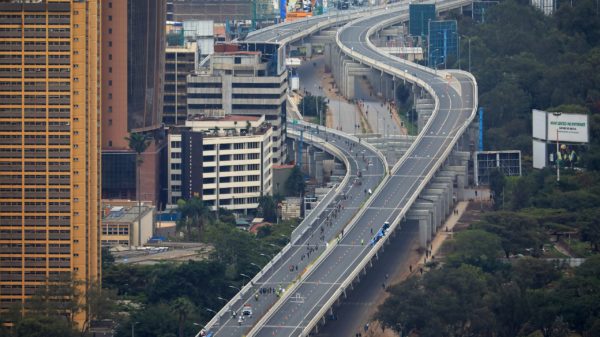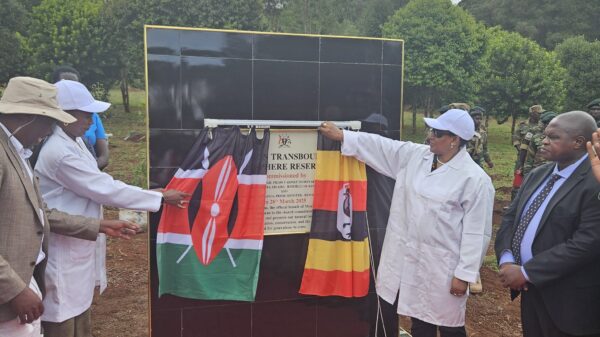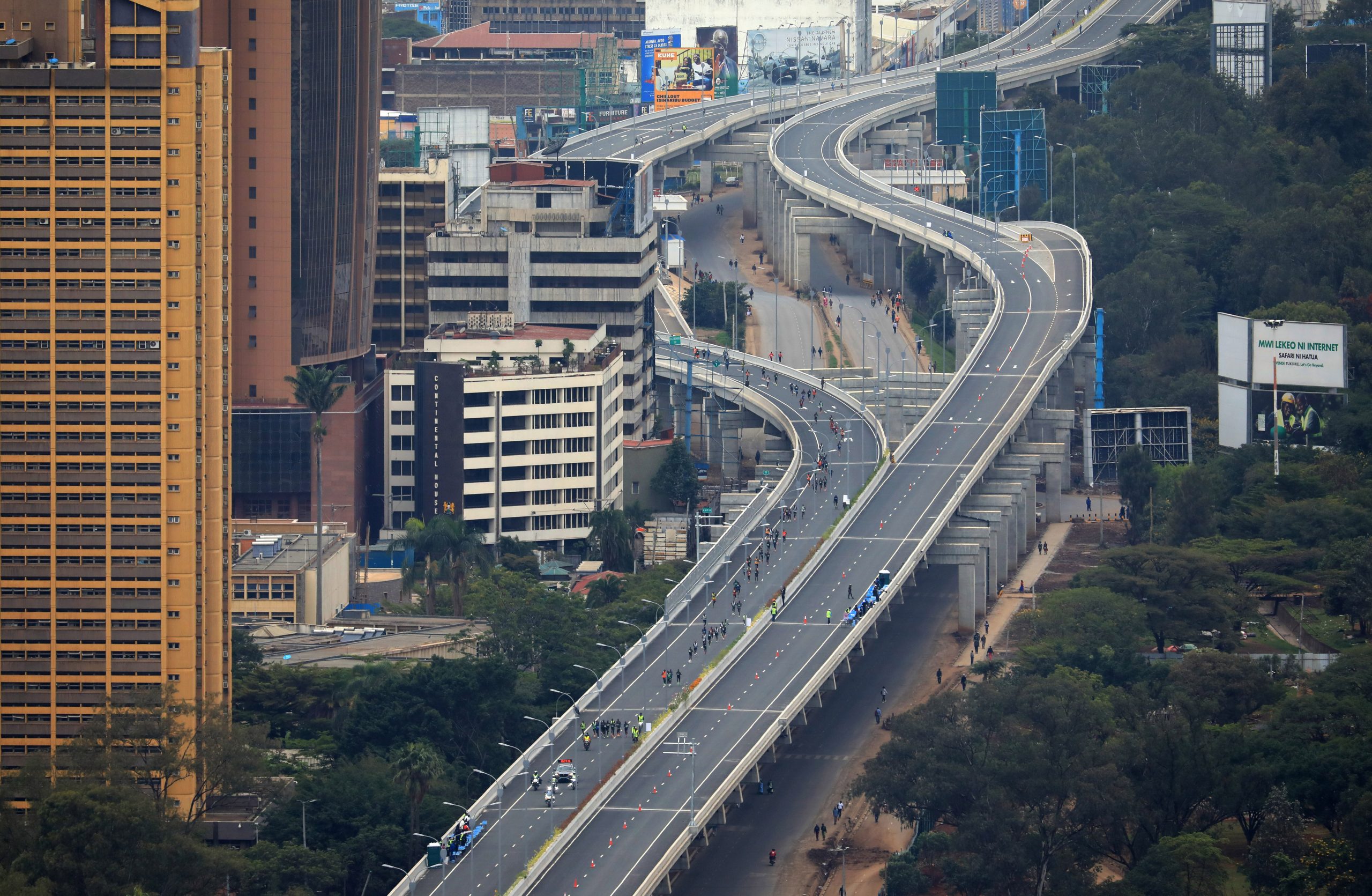Across Africa, a powerful engine of progress is stirring. The continent, brimming with young talent and abundant resources, is poised for a transformative leap: industrialization. This transition holds the key to unlocking Africa’s immense potential, creating a wave of prosperity that will lift millions out of poverty and propel the continent towards a brighter future.
The road to industrialization, however, requires a strong partner. Here, China emerges as a critical ally. With its vast experience in manufacturing and its commitment to fostering deeper ties with Africa, China can be the catalyst that ignites Africa’s industrial revolution.
The current reality paints a stark picture. According to McKinsey & Company, Africa represents a mere 2% of global manufacturing output. The continent’s contribution to the global import market for manufactured goods is even more meagre, standing at a paltry 0.6%. This lack of industrial diversification leaves Africa vulnerable to fluctuations in commodity prices, hindering long-term economic growth.
Experts, however, see a future brimming with possibilities. Platforms like the Forum on China-Africa Cooperation (FOCAC) and the Belt and Road Initiative (BRI) offer a potent framework for collaboration.
Africa’s competitive edge lies in its youthful and abundant workforce. This advantage makes it attractive for businesses seeking to establish new production facilities. A partnership between China’s established expertise and Africa’s dynamic workforce holds the potential to reshape the global manufacturing landscape.
However, for this partnership to reach its full potential, a strategic shift is necessary. Experts argue for prioritizing industrialization within the China-Africa framework. This collaboration shouldn’t be limited to mere resource extraction; it should focus on creating value and propelling both economies forward.
One specific path to consider is transforming Africa’s agricultural sector through agro-industry. This approach would create a powerful synergy, linking agriculture to manufacturing, generating jobs, and integrating Africa into the global supply chain. This, in turn, would bolster food security and pave the way for sustainable economic growth.
The recent establishment of industrial parks across Africa, spearheaded by China’s involvement, exemplifies these steps in the right direction. But there’s more to be done. Africa’s manufacturing footprint remains concentrated in a handful of countries. Diversification is needed, with investments not only in staple food processing but also in sectors like leather, cocoa, and livestock processing.
Kenya is among nations reaping big the benefits of Chinese-backed infrastructure projects. These projects range from job creation to faster movement of people and goods. Modern infrastructure projects like roads, ports, and railways, either financed or built by China, have injected vitality into Kenya’s transformation agenda. The future prosperity of this country is heavily dependent on interconnectivity, and China is playing a critical role in helping Kenya achieve this goal.
Kenyan youth have acquired valuable skills and gained employment opportunities thanks to Chinese-funded infrastructure projects like the Standard Gauge Railway, a key component of the Belt and Road Initiative.
Other notable projects include the Thika Superhighway and the Nairobi Expressway among others.
That is why Kenya’s success story underscores the potential for mutually beneficial partnerships between China and African nations.
The looming expiration of the African Growth and Opportunity Act (AGOA), a trade pact between the US and sub-Saharan Africa, underscores the potential for forging a similar agreement between China and Africa. This partnership wouldn’t be limited to industrialization. Africa’s burgeoning population, projected to reach 2.5 billion by 2050, presents a formidable challenge: food security.
The Chinese Academy of Agricultural Sciences highlights the potential of new technologies like biotechnology, digitalization, and artificial intelligence to revolutionize African agriculture. These advancements could significantly increase food production, optimize resource utilization, and enhance dietary diversity, ensuring Africa can not only feed a growing population but also achieve a higher standard of living.
The path to Africa’s industrial revolution will be paved with collaboration, innovation, and a shared vision of prosperity. China, with its vast experience and unwavering commitment to Africa’s development, stands as a powerful partner on this journey. By joining forces, Africa and China can transform the continent’s economic landscape, creating a future of shared success, vibrant economies, and a brighter tomorrow for all.
Elijah Mwangi is a scholar based in Nairobi; he comments on local and global matters.

































